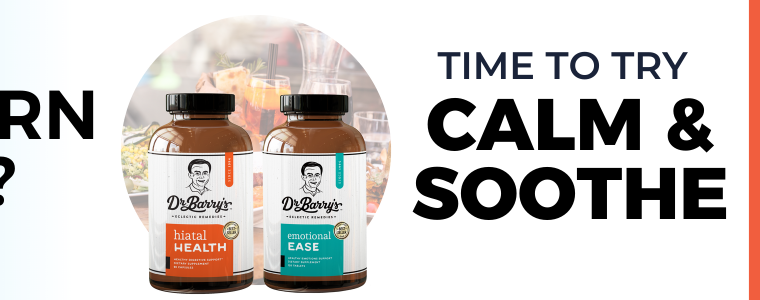Reclaim Your Favorite Foods: The Natural Solution to Acid Reflux That Doctors Aren't Telling You About
Discover how millions are breaking free from the cycle of acid reflux medication dependency with natural, scientifically-backed solutions that address the root causes of GERD.





